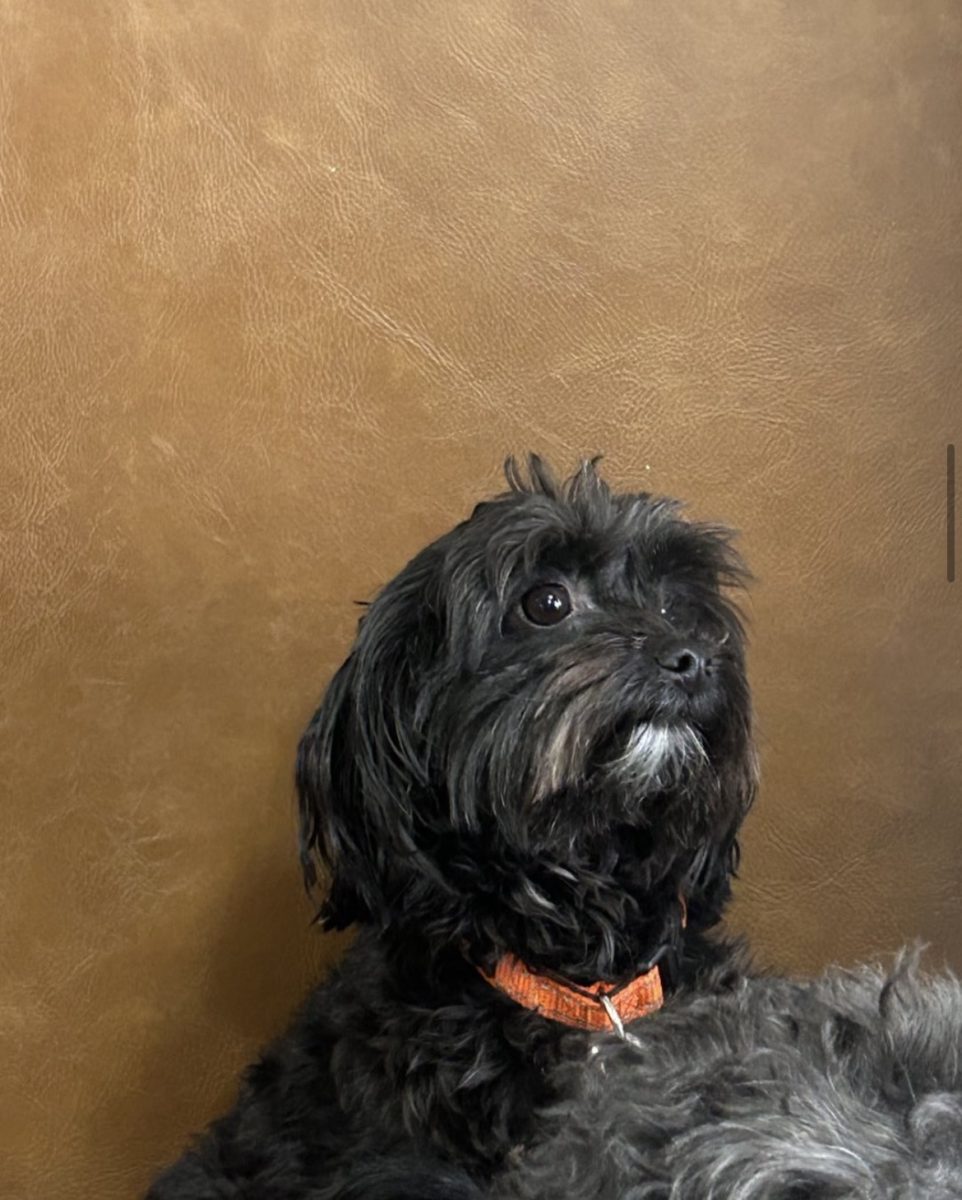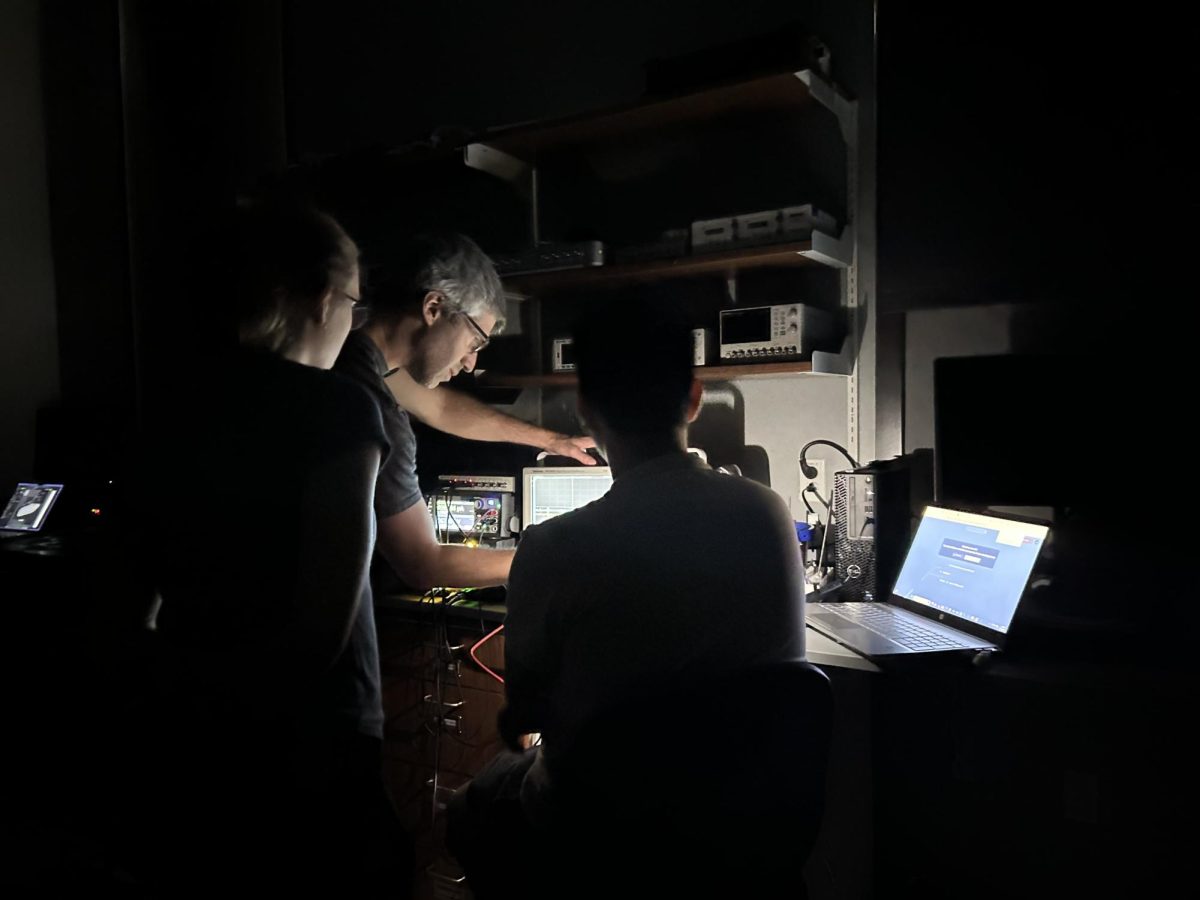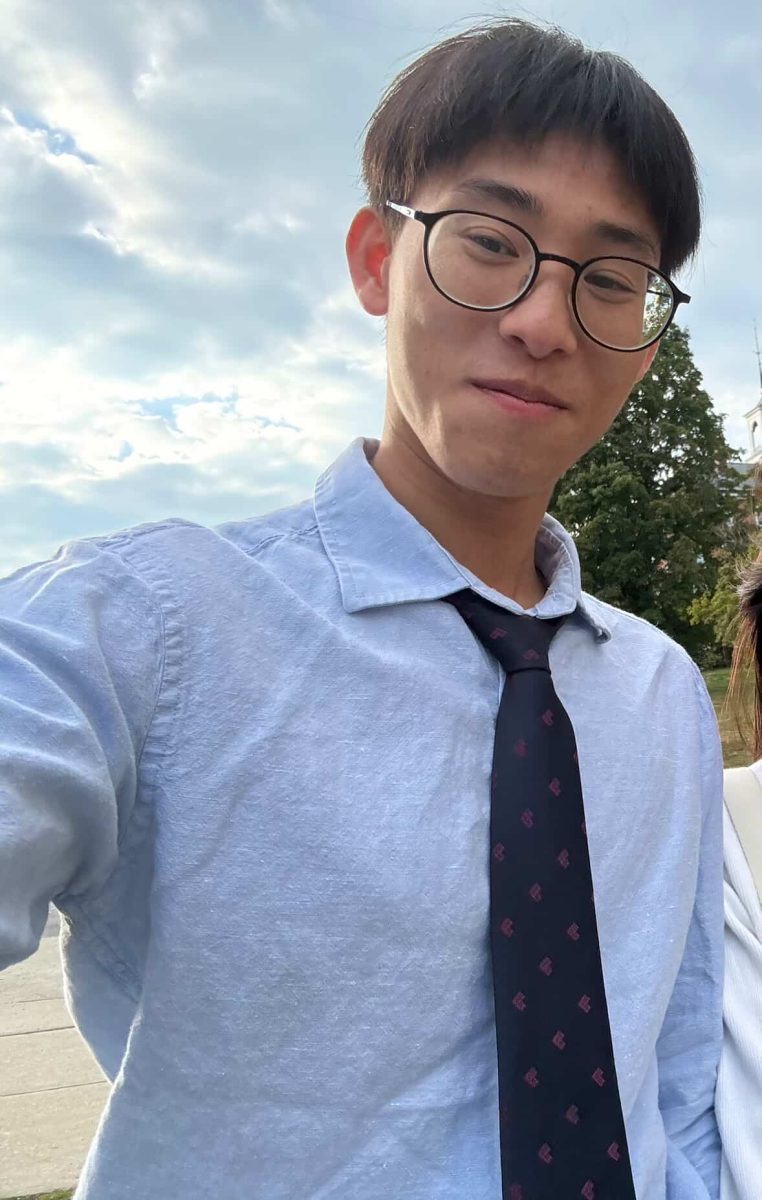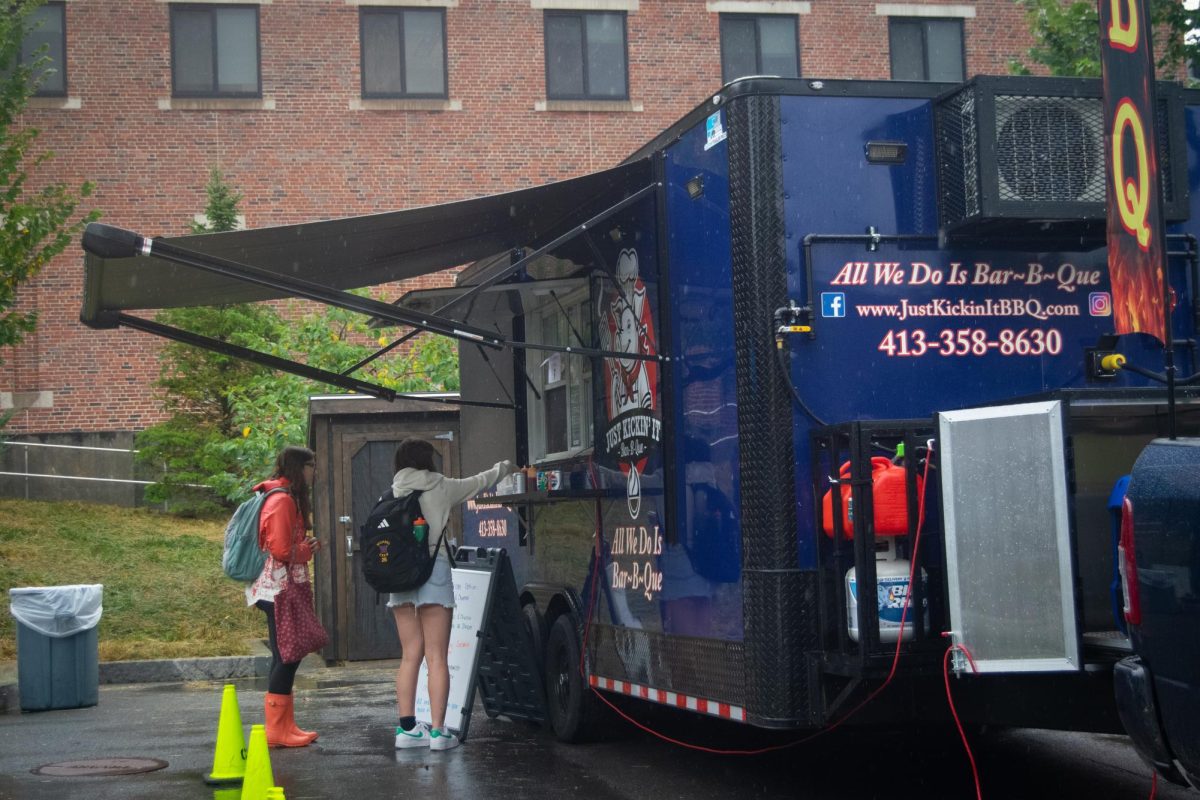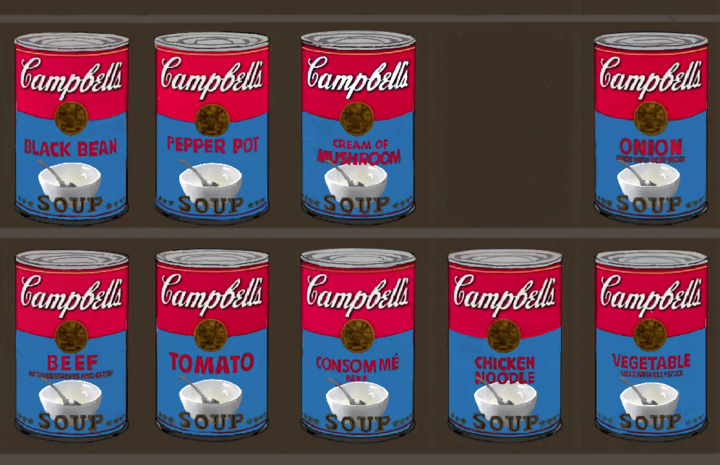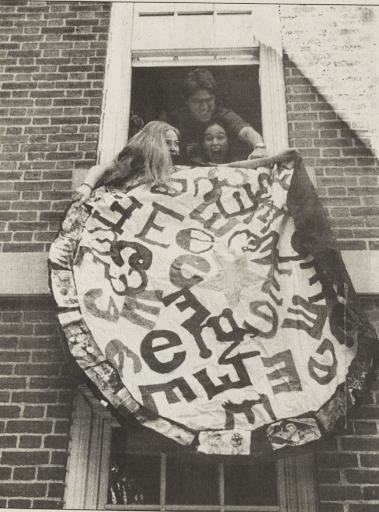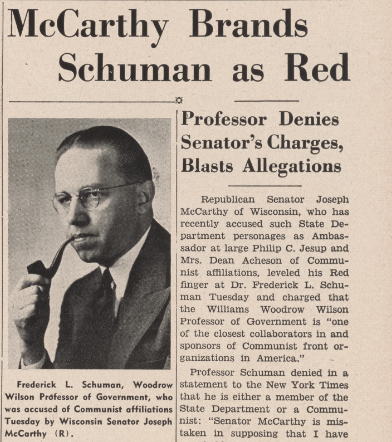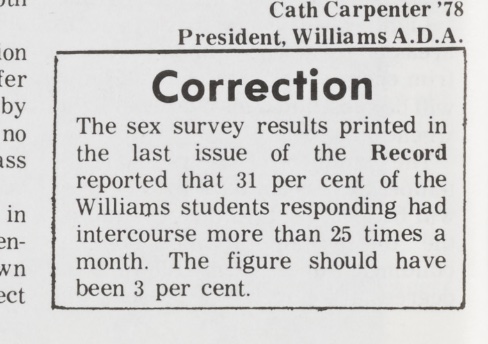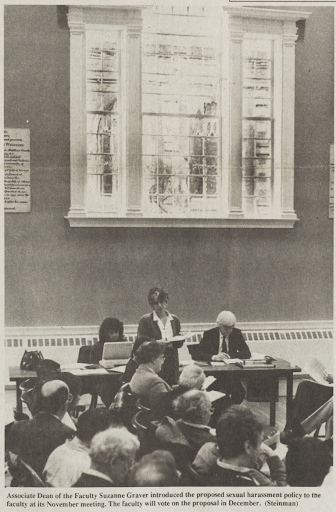
Sept. 26, 1907: College bans hazing of first-year students
On Thursday, Sept. 19, 1907, the Dean of the College announced a ban on hazing of the incoming class by sophomores and upperclassmen. The announcement came as an immediate response to the hazing rituals performed by the Class of 1910, then sophomores, on the Class of 1911.
Those events were not detailed in the Record but caused a disturbance on Spring St. and prompted complaints by many Town residents. Prior to the ban announced in 1907, the College had maintained regulations against hazing that were generally not enforced, the Record reported.
When the Record initially reported the ban, exact details of the policy had not yet been published — but all hazing, rituals, and competitions between classes at the College were forbidden, with the exception of sports. The policy, however, still permitted the annual Cane Contest, a game where first-years attempted to sneak a set of canes onto campus while the sophomores tried to find and stop them.
Sept. 26, 1941: Students forbidden from driving in Williamstown
Effective Sunday, Sept. 28, 1941, the Undergraduate Council (U.C.) banned the operation of cars in Williamstown for all College students, the Record reported. Students were still allowed to enter and leave the Town, but within the Town limits, they could only drive in cases of emergency.
The rationale for the ban was threefold. Most significantly, the U.C.’s action brought the College into compliance with the National Defense Program’s request that Americans limit their driving to help alleviate the gasoline shortage caused by World War II. The Record also noted that the ban would cause “the end of the lethargic practice of driving distances that could be more beneficially covered on foot” and would help with the issue of limited parking space on campus.
Prior to the ban, upperclassmen had not complied with the National Defense Program’s request that they limit their driving, wrote the Record. Some argued that there was not, in fact, a national gasoline shortage, a perspective that both the U.C. and then-Acting College President Richard A. Newhall rejected.
Sept. 26, 2000: Drinking games banned on campus
On Sept. 26, 2000, the Record reported that the College banned all drinking games on campus. Under the new policy, if campus security officers saw students engaging in a drinking game, they were required to confiscate all game paraphernalia and document all students engaging in the game.
The new policy was in response to what College administrators perceived as an increase in risky drinking behavior by students. It was enacted to encourage responsible alcohol consumption. “Last year, several dormitories incurred thousands of dollars in damages due to the drunken behavior of students,” the Record reported.
Paul Swisher ’01, President of the Housing Committee at the time, acknowledged that drinking games predominantly occurred at private parties, of which campus security officers are typically not informed. The Housing Committee emphasized that there were no plans for security officers to begin patrolling dorms in search of parties, and for this reason, Swisher was skeptical that the policy would be effective at discouraging drinking games. Instead, he thought the ban would have a negative impact on the student body’s relationship with campus security, without any particular upside.




